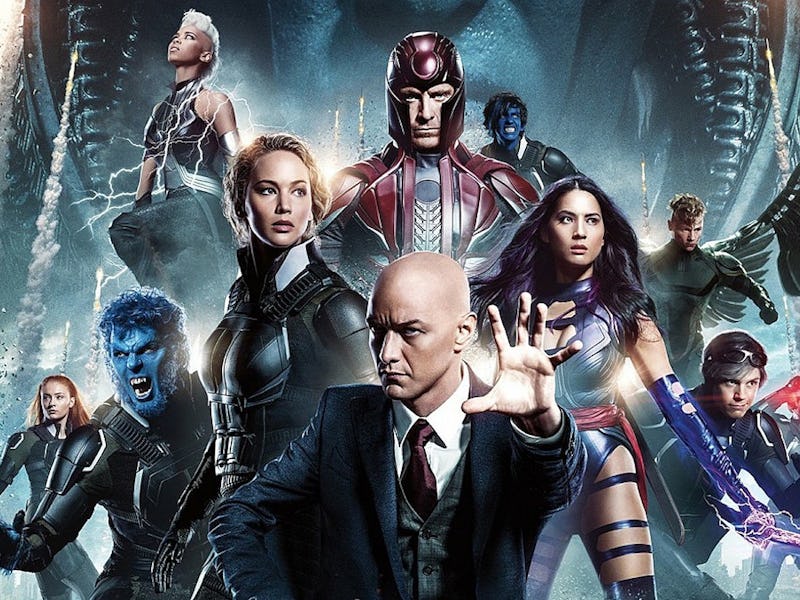Deadpool MCU theory solves Marvel’s biggest X-Men problem
But these mutants won’t be the ones you’re used to.

Like an ogre or an onion, the Marvel Cinematic Universe has layers. At its core are the Avengers, brought to the screen to center the MCU. While the hierarchy of these heroes may now be evolving, the Avengers remain the franchise’s beating arc-reactor heart.
Existing outside of the MCU are Sony’s Spider-Man films (though the upcoming Spider-Man: No Way Home promises a crossover). Elsewhere are annexed superheroes like Deadpool and the X-Men, who exist as a part of Marvel but not within the MCU. That could all be changing, though any X-Men entering the MCU may not look the way you think.
Deadpool could very well be the gateway for the X-Men to enter the MCU, according to a fan theory advanced by Redditor MagicJoshbyGosh, who posits the MCU’s first mutants might not be the ones fans expect to appear. After all, Deadpool has long collaborated with mutants in his films and is technically one himself. Kevin Feige already confirmed Deadpool 3 will exist within the MCU, but it’s unclear if the film’s connections to the franchise will involve other mutants.
This theory suggests Deadpool 3 will build upon the complex MCU time travel continuity already shown in Avengers: Endgame and the upcoming Loki, using Cable’s time travel abilities to bring the Deadpool 2 antihero into the MCU along with Cable’s daughter, Hope.
Now, here’s where things get weird.
The iconic House of M panel that changed the X-Men forever.
According to this theory, the reason we haven’t seen mutants in the MCU is because the franchise presently exists post-House of M. For the uninitiated, the finale of comic-book storyline House of M featured Wanda Maximoff declaring “No more mutants,” leading the vast majority of mutants on Earth to lose their powers. If the MCU adapts the “Second Coming” comic storyline, this theory states, Hope’s existence will activate five new mutants, forming the start of the New X-Men.
The New X-Men, in comics, comprised the few remaining students at the Xavier Institute who still posssessed powers after House of M. The characters were featured in their own comic-book line from 2006 to 2008, after which point the Young X-Men basically served the same purpose as this next generation of X-Men.
The New X-Men as featured in Messiah Complex #1 (2007).
Adapting the New X-Men would have lots of benefits within the MCU. Firstly, the “mainstream” X-Men have been seen on screen many times before. In order to differentiate the MCU’s mutants from the pre-existing films featuring them, the entire squad may start from scratch, meaning that Beast, Cyclops, Mystique, and others would sit this one out.
Also, thanks to the recent origins of the New X-Men, their members are socially progressive enough to be brought into the MCU without major alterations. Anole, for example, is canonically gay, while Prodigy is bisexual. Given the MCU’s less-than-stellar LGBT+ representation, adapting these characters as written would be a major win for Marvel.
But can X-Men exist within the MCU without the core characters fans have grown to love? It’s difficult to imagine, but the original “M-Day” decimation served as a hard reset for Marvel Comics, allowing the company could start afresh. The Marvel Cinematic Universe will need to introduce mutants with a clean slate of its own, so why not hit restart in the same way?